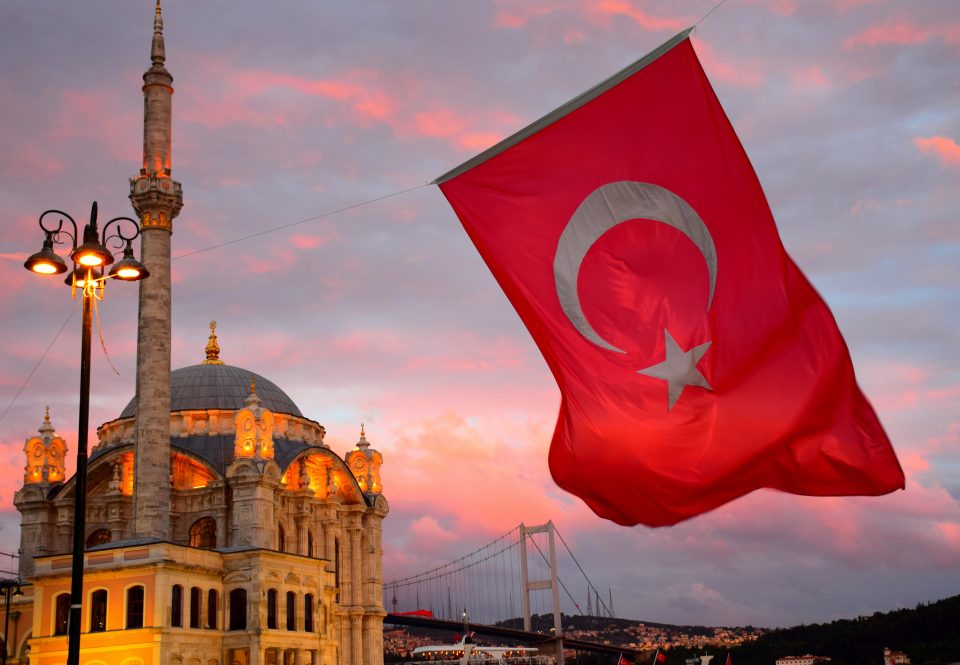
It’s been almost 11 years. It was 11 May 2011 when in Istanbul, Turkey, the Council of Europe Convention on preventing and combating violence against women and domestic violence was signed by 45 countries. Eighty-one articles affirming a simple but revolutionary principle (then and still today): violence against women is a violation of human rights.
The convention was approved in constant dialogue with local feminist associations and is aimed at making a definitive change, providing the country with a fundamental tool for achieving real gender equality.
Over the last decade, however, the same government has been characterised by a series of conservative measures, utterances and battles over motherhood and family that have limited the rights won by women and have exacerbated inequalities. The decline in Erdogan’s support has prompted him to wink at the more orthodox electorate and the most fundamentalist lobbies are gaining more and more attention from political institutions only seven years later Turkey withdrew from the Convention in which so many women and NGOs put their hope in.
With a decree signed by President Recep Tayyip Erdoğan on March 2021, Turkey revoked its participation in the Istanbul Convention on the Prevention of Violence Against Women and Domestic Violence, after being the first country to ratify it in 2012.
Turkey’s decision to withdraw was reportedly made without parliamentary debate and without wider consultation with civil society, including women’s groups and women’s rights defenders. Since the Convention became operational in 2014, Turkish conservative groups have opposed its application, believing that it weakened the family, increased divorces and favoured the claims of the LGBT community.
President Erdogan’s spokesman Fahrettin Altun argued that the Istanbul Convention’s original intention to promote women’s rights had been “hijacked by a group of people attempting to normalise homosexuality” and that it was incompatible with the values and family members of Turkey. More generally, those who take critical positions argue that the real purpose of the document is not the protection of women, but the dissemination of the so-called “gender ideology”.
The treaty, in fact, is one of the first official documents to give a legal definition of “gender”. Furthermore, it must be said that the Convention places acts such as femicide or rape in a specific socio-cultural context and therefore does not consider them isolated crimes, thus highlighting the structural aspects of gender-based violence. This approach, however, is viewed with hostility by conservatives in various parts of Europe, because it would constitute an implicit attack on traditional family values.
When Turkey withdrew from the Convention there were a lot of demonstrations organised by women’s rights groups, but also abroad by civil society and on social media that see the urge for such a treaty in Turkey. Even today there are still efforts done to prove that the withdrawal was illegal, which several female lawyers are fighting for, calling themselves women ‘the main opposition in Turkey.
The Istanbul prosecutor’s office has recently called for the dissolution of Turkey’s largest feminist movement, formally accusing it of “acting against the law and morality”. Prosecutors have argued that the group acted with the aim of “disintegrating the family structure” under the “pretext of defending women’s rights”. Feminists, on the other hand, spoke of a war on women, illegitimate and unfounded accusations, and of an intimidating attack that is part of the political strategy of repression of dissent carried out by President Recep Tayyip Erdoğan in view of the presidential elections to be held in 2023.
Over the years, the number of femicides has increased. In the absence of official statistics, the independent information network Bianet, considered authoritative, records a number of 339 femicides in 2021, compared to 284 in 2020.
The farewell to the Istanbul Convention is just the latest step in a process that is creating a very difficult environment for Turkish women. The government’s crusade against gender equality, the absence of a real plan to combat discrimination and indeed the indirect help that the state offers to the executioners to redeem themselves, is undoubtedly affecting Turkey’s cultural climate. And this is translating into increasingly worrying data, both on the gender violence side and from the point of view of the social inclusion of women.
